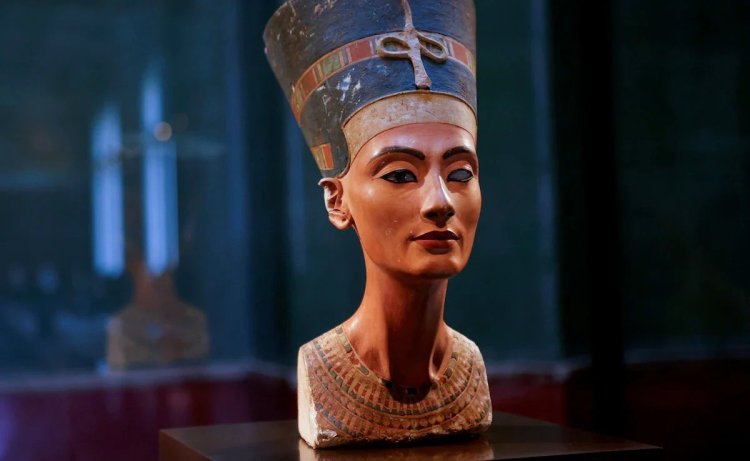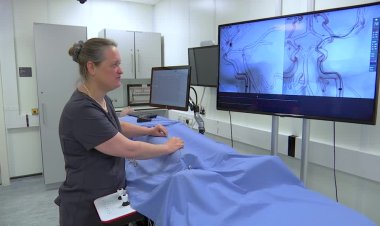Egypt Seeks Return of Nefertiti Bust

Prominent Egyptian archaeologist and former antiquities minister Zahi Hawass has launched a petition for the return of the pharaonic bust of Queen Nefertiti from the Neues Museum in Berlin to Egypt.
Nefertiti's famous painted limestone bust was uncovered at Tell el-Amarna, around 300 km south of Cairo, in 1912 by a German archaeological mission, which shipped it to Berlin the following year.
Amarna was the short-lived capital of Nefertiti's husband, the 18th dynasty Pharaoh Akhenaten, who reigned until about 1335 B.C.
Akhenaten, called the heretic king, was notorious for promoting the worship of the god Aten to the exclusion of Egypt's other gods. His reign also introduced a radical change in Egyptian art.
In his petition launched, Hawass asked for the return of the bust, saying it was removed from Egypt illegally after its discovery.
"We announce today that Egypt - this is the national committee, it is not a government committee - asks for the return of the bust of Nefertiti," Hawass said.
"What I need from everyone here is to go to my website and you will sign one signature, to show that you would love for this bust to come back."
Hawass said he is not calling for the repatriation of artifacts taken out of Egypt legally.
"And I think it's the time now, the year 2024-2025 should be the year that the African countries and civilizations of others' artifacts should come back again. Then I said that museums still practice imperialism because our heritage was taken out of Egypt by the French and the English," he added.
His campaign is focused on repatriating "three main beautiful objects" including the bust of Nefertiti, the Rosetta Stone and the Dendera Zodiac.
Officials at Berlin's Neues Museum were not immediately available for comment.















